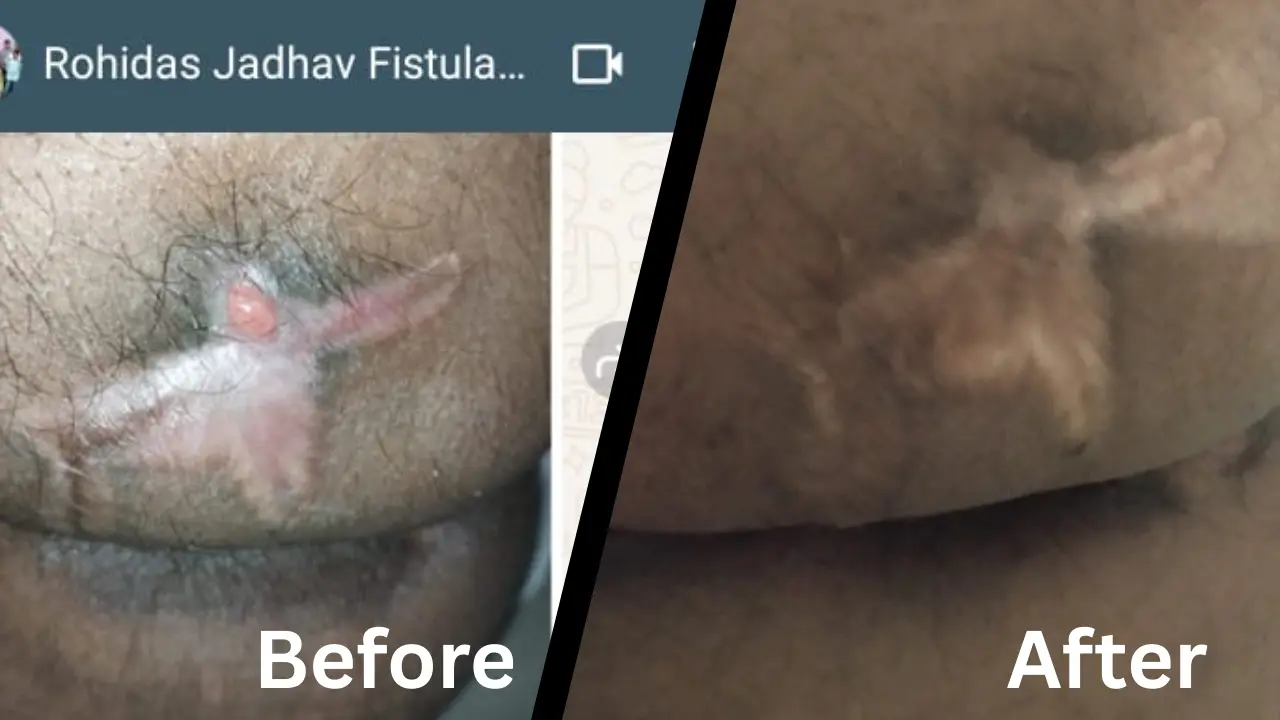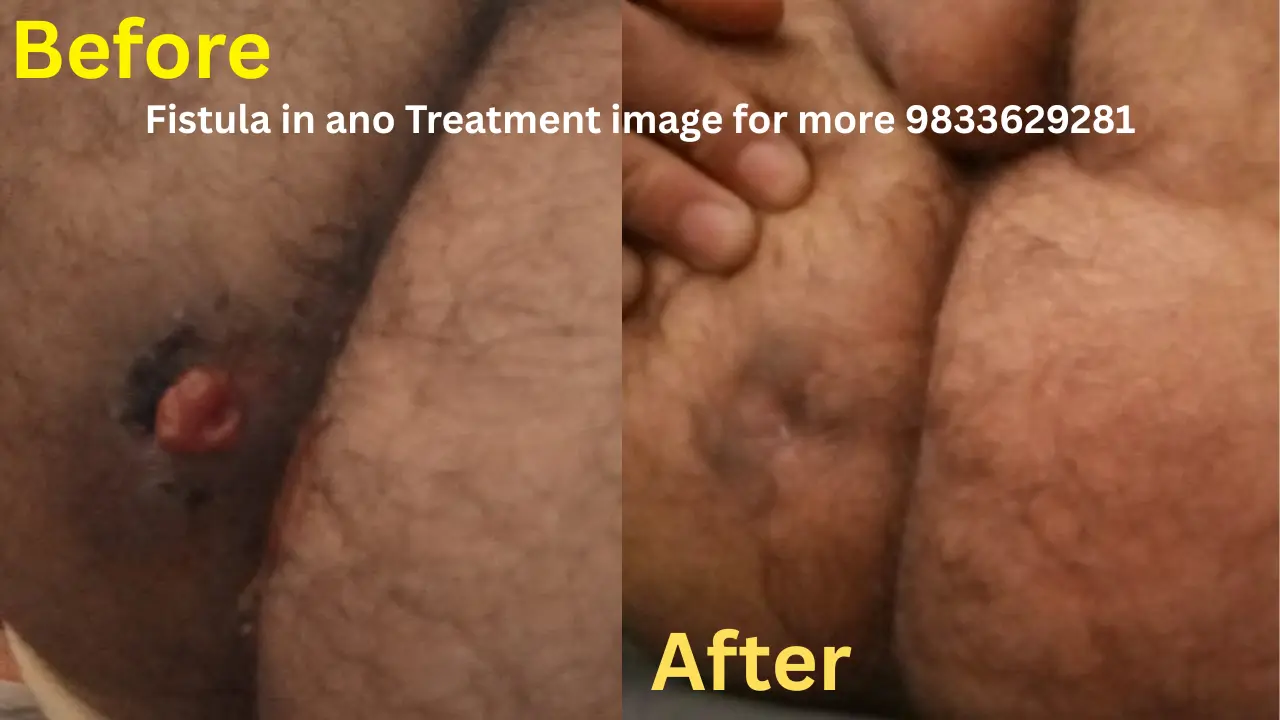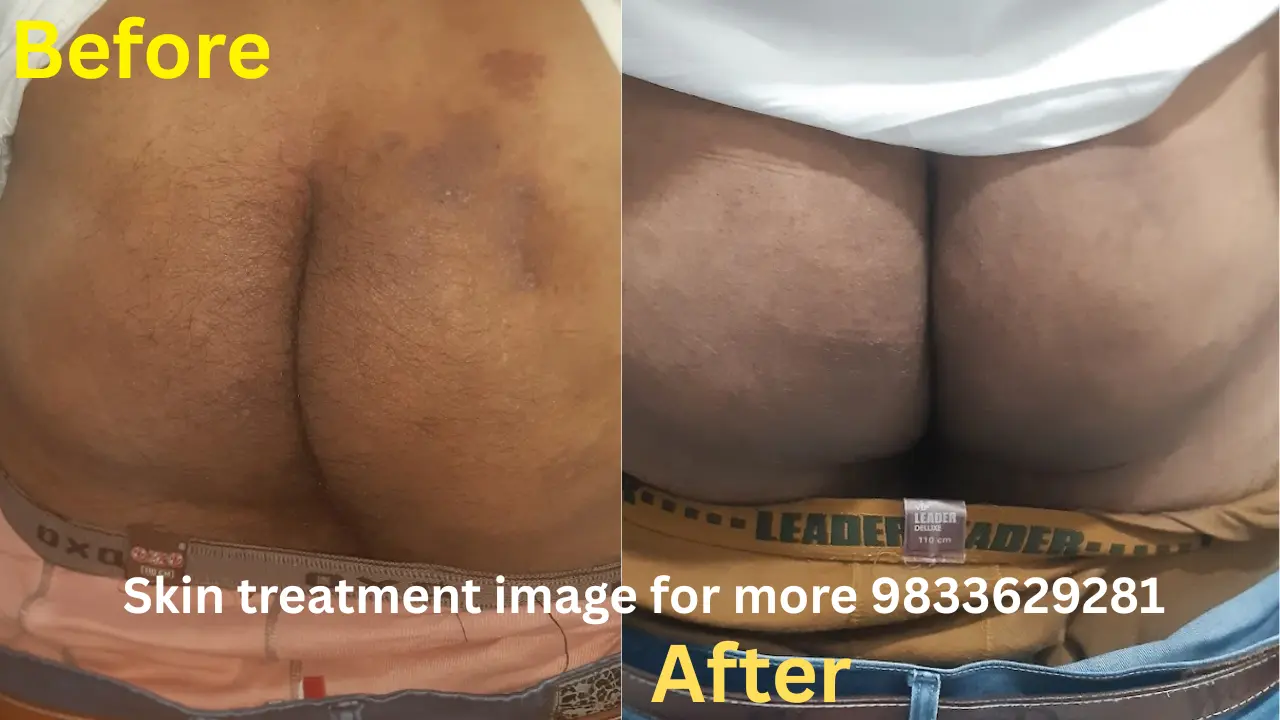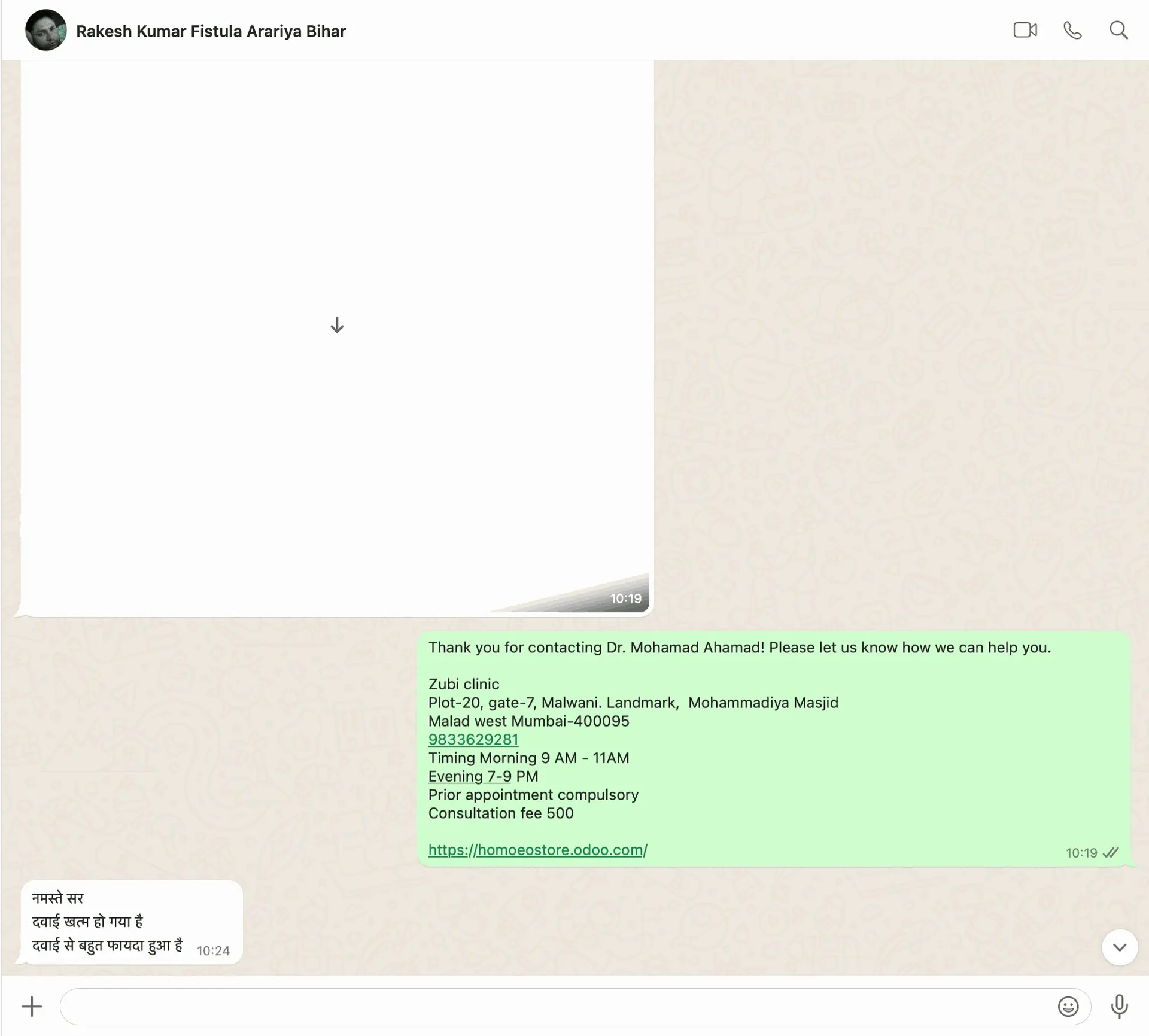Understanding Anal Stenosis: Causes, Symptoms, and Treatment
Anal stenosis, also known as anorectal stricture, is a condition where the anal canal becomes abnormally narrow. This narrowing can lead to difficulties with bowel movements, discomfort, and a significant impact on an individual's quality of life. Let’s delve into the causes, symptoms, and treatment options for anal stenosis to better understand this medical condition.
What is Anal Stenosis?
The anal canal is the terminal part of the gastrointestinal tract, playing a crucial role in regulating the passage of stool. In anal stenosis, this canal becomes constricted, making defecation challenging and often painful. The condition can vary in severity, ranging from mild discomfort to severe obstruction.
Causes of Anal Stenosis
Several factors can contribute to the development of anal stenosis:
- Surgical Interventions:
- Previous surgeries in the anorectal region, such as hemorrhoidectomy or anal fistula repair, may lead to scar tissue formation, causing narrowing of the anal canal.
- Chronic Inflammation:
- Conditions like Crohn’s disease or ulcerative colitis can cause chronic inflammation, leading to fibrosis and stenosis.
- Radiation Therapy:
- Radiation treatments for cancers in the pelvic region may damage the anorectal tissues, resulting in scarring and narrowing.
- Congenital Causes:
- In rare cases, anal stenosis may be present from birth due to abnormal development of the anal canal.
- Infections or Trauma:
- Severe infections, abscesses, or trauma to the anal region can lead to fibrosis and stricture formation.
Symptoms of Anal Stenosis
Anal stenosis can manifest through various symptoms, which may differ based on the severity of the condition:
- Difficulty Passing Stool: Straining and a feeling of incomplete evacuation.
- Painful Defecation: Intense discomfort or burning sensation during bowel movements.
- Bleeding: Minor bleeding due to tears or irritation in the narrowed canal.
- Constipation: Prolonged difficulty in passing stool.
- Rectal Discomfort: A constant feeling of pressure or tightness in the rectal area.
Diagnosis
Diagnosing anal stenosis typically involves:
- Medical History: Understanding any previous surgeries, trauma, or underlying conditions.
- Physical Examination: A digital rectal exam to assess the narrowing and flexibility of the anal canal.
- Imaging Studies: Advanced imaging techniques like an MRI or anorectal manometry may be used to evaluate the severity and underlying causes.
Treatment Options
The treatment for anal stenosis depends on its severity and underlying cause. Here are the most common approaches:
- Conservative Treatments:
- Stool Softeners and Laxatives: To ease bowel movements and reduce straining.
- Dietary Changes: High-fiber diets and increased fluid intake can help regulate bowel habits.
- Topical Treatments: Application of soothing ointments or creams to reduce pain and inflammation.
- Non-Surgical Interventions:
- Dilation Procedures: Gentle stretching of the anal canal using specialized medical devices can alleviate mild to moderate stenosis.
- Surgical Treatments:
- Lateral Internal Sphincterotomy: In cases of severe stenosis, a surgical procedure may be required to release tension in the anal sphincter and widen the canal.
- Advancement Flaps: Reconstructive surgeries to restore normal anal anatomy and function.
Prevention and Management
While not all cases of anal stenosis can be prevented, certain measures can reduce the risk:
- Post-Surgical Care: Proper wound care and follow-up after anorectal surgeries.
- Managing Chronic Conditions: Effective treatment of inflammatory bowel diseases to prevent complications.
- Healthy Bowel Habits: Avoiding chronic constipation and straining during defecation.
When to See a Doctor
Seek medical attention if you experience persistent difficulty with bowel movements, severe pain, or rectal bleeding. Early intervention can prevent complications and improve outcomes.
Conclusion
Anal stenosis, though uncomfortable and disruptive, is a treatable condition. With timely diagnosis and appropriate medical or surgical intervention, individuals can achieve significant relief and regain normal bowel function. If you suspect you might have anal stenosis, consult a healthcare professional to explore the best treatment options tailored to your needs.















